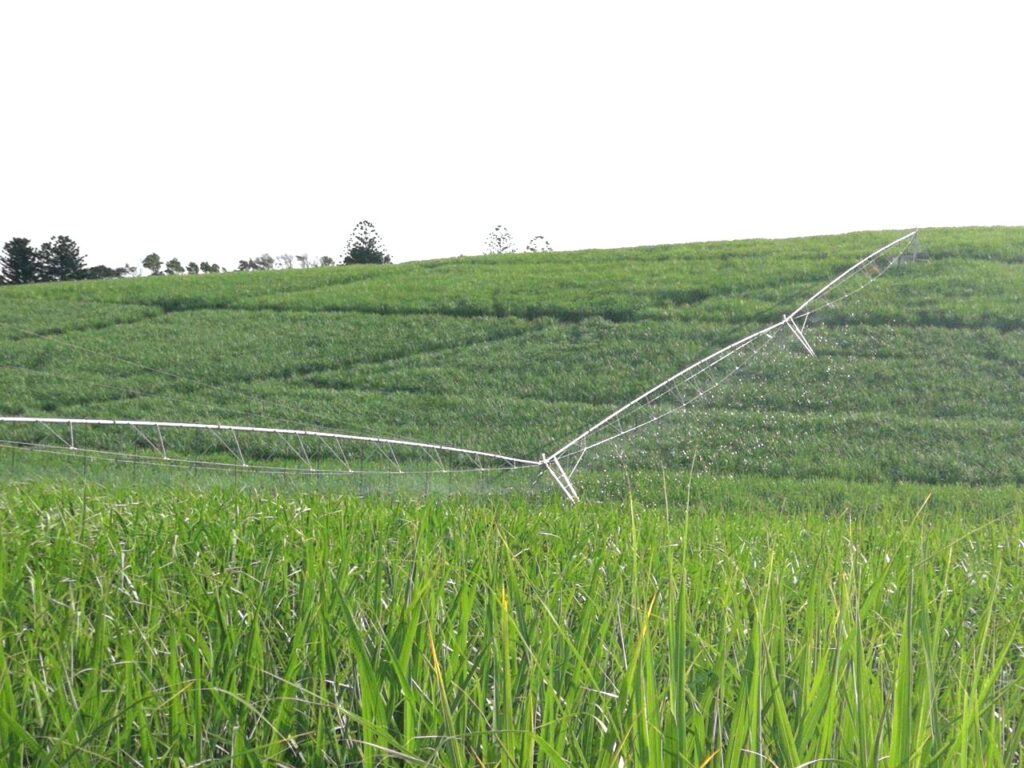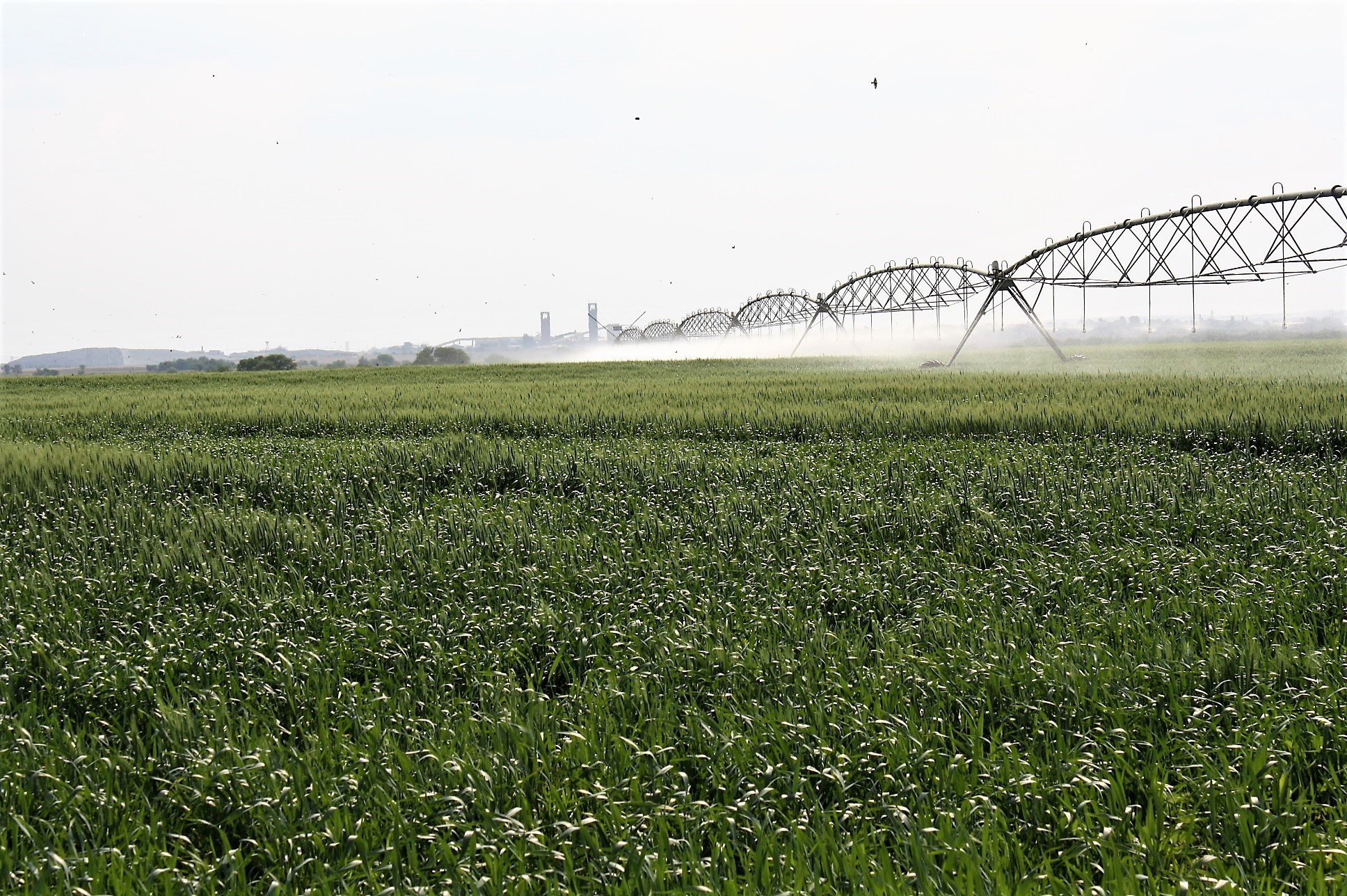Unpacking centre pivot irrigation systems
With water being a valuable asset, water management for an irrigation farmer is one of the most important aspects of their farming operations. It should always be a priority to optimally use this resource.
Centre pivot irrigation systems have been proven to be one of the most effective methods of irrigation, especially for medium to large tracts of land. Getting water more effectively into the soil is the first simple line of saving with any irrigation system but how is that achieved with centre pivots?
By using a top range low pressure sprinkler package is a good start. This is not only about low-pressure sprinkler requirement (between 0.42 bar and 0.7 bar) and the obvious advantage thereoff but also about correct droplet sizes, even water distribution combined with wider sprinkler bandwidth, all contributing to effectively getting the low-pressure water into the soil combined with very low evaporation and virtually no, if any runoff. This type of irrigation is more cost-effective than sprinkler systems, travelling guns or micro irrigation systems, demand less labour input and can be completely automated.
By attending to the detail as mentioned above you may have savings of more than 50% compared to higher pressure systems with cheaper sprinklers.
Losses are due to:
- High pressure systems using more power.
- Water loss through evaporation caused by cheaper static sprinklers not having even droplet sizes (a limitation of their design) Due to the variety of droplet sizes and the risk of soil compaction by larger droplets, manufacturers tend to lean towards smaller droplets which is in turn prone to evaporation and wind drift.
- Runoff often caused by low pressure cheaper sprinklers with a narrow band width and due to the inherent static sprinkler design placing the majority droplets in a ring pattern instead of having an even distribution pattern under the sprinkler wetted area and wide band width as is associated with higher price movable-plate sprinklers.
- This effect can even be worsened by hanging cheaper static-plate sprinklers lower to combat evaporation (successful), causing sealing of the soil (fail), causing even more runoff (fail), more water in the wheel tracks (fail) as well as increasing surface evaporation from standing water.
A water shortage in critical times has a major influence on the loss of yield of the various crops, more so with cash crops. This is dependent on the type of crop and the growth stage of the plants but can be disastrous to the total expected crop yield. Efficient irrigation will lessen the risk as water pumped, will be water in the soil.
Adding to the advantages of centre pivot irrigation and their economical operation, is that technological advances in this industry now make it possible for the farmer to manage his pivot systems remotely from his mobile phone, tablet or computer from anywhere in the world. Again, saving on labour costs and time. The farmer can now set up and change irrigation sequences from his office as he wishes. This emphasises the usefulness of these systems, providing peace of mind and significant cost savings to farmers.
Enhancing these capabilities are the added use of integrated soil moisture probes, integrated weather station as well as purpose driven satellite imagery.
For questions or discussion relating to the article, call Theuns Dreyer at Senter360: +27 82 564 5955




